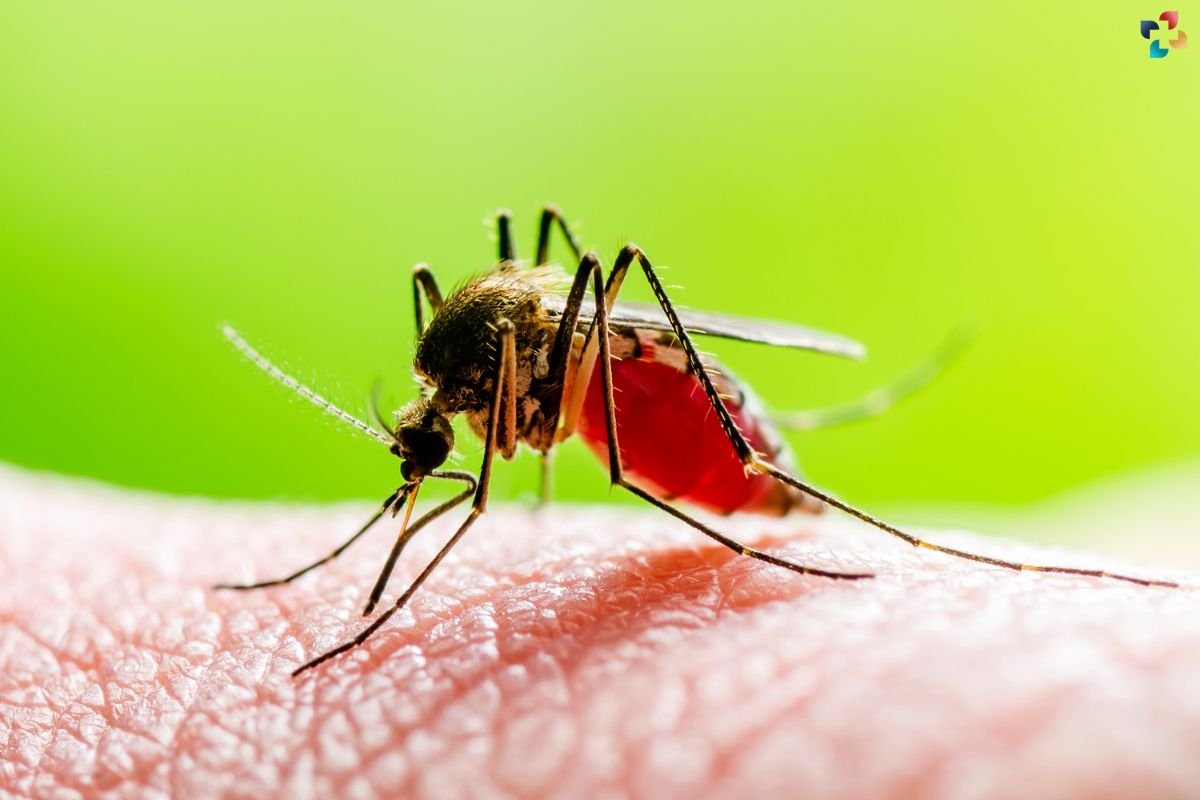Dengue fever, a mosquito-borne viral infection, has been confirmed in Alabama, Florida, and Georgia, according to recent reports. The Centers for Disease Control and Prevention (CDC) revealed that while the cases in Alabama and Georgia were acquired during travel outside the United States, Florida has experienced local transmission. This marks a significant concern as Florida has documented over 170 cases of dengue fever this year, with seven cases originating locally. The virus is primarily spread by Aedes mosquitoes, which are also responsible for transmitting the Zika and chikungunya viruses.
Symptoms and Treatment
Dengue fever presents a range of symptoms, including high fever, severe headaches, eye pain, joint and muscle pain, rashes, and bleeding from the nose and gums. Patients may also experience easy bruising. As the fever subsides, more severe symptoms can emerge, such as vomiting, abdominal pain, and difficulty breathing. The Alabama Department of Public Health emphasizes that there is currently no vaccine or specific antiviral treatment for dengue fever. However, healthcare providers can manage the disease effectively through fluid replacement therapy. In severe cases, hospitalization might be necessary to ensure proper care and recovery.
It is crucial for individuals suspecting they have contracted dengue fever to use only acetaminophen for pain relief, as non-steroidal anti-inflammatory drugs (NSAIDs) increase the risk of bleeding and should be avoided. Prompt medical attention is advised to mitigate complications and ensure appropriate management of the symptoms.
Prevention and Public Health Measures
Preventing dengue fever largely involves controlling mosquito populations and minimizing exposure to bites. The most effective strategy is to eliminate standing water, where mosquitoes breed. Common sources include buckets collecting rainwater, unclean livestock water troughs, and other artificial containers. Additionally, using screens on windows and doors and applying mosquito repellents while outdoors can significantly reduce the risk of infection.
As of now, Alabama has reported one case of dengue fever, Georgia has recorded twelve cases, and Florida remains the most affected state with seven locally transmitted cases among over 170 total cases. Public health officials continue to monitor the situation closely and urge residents to take preventive measures to curb the spread of this mosquito-borne illness. The emphasis on community awareness and proactive steps is vital in managing and preventing further outbreaks.
Explore More on The Lifesciences Magazine







